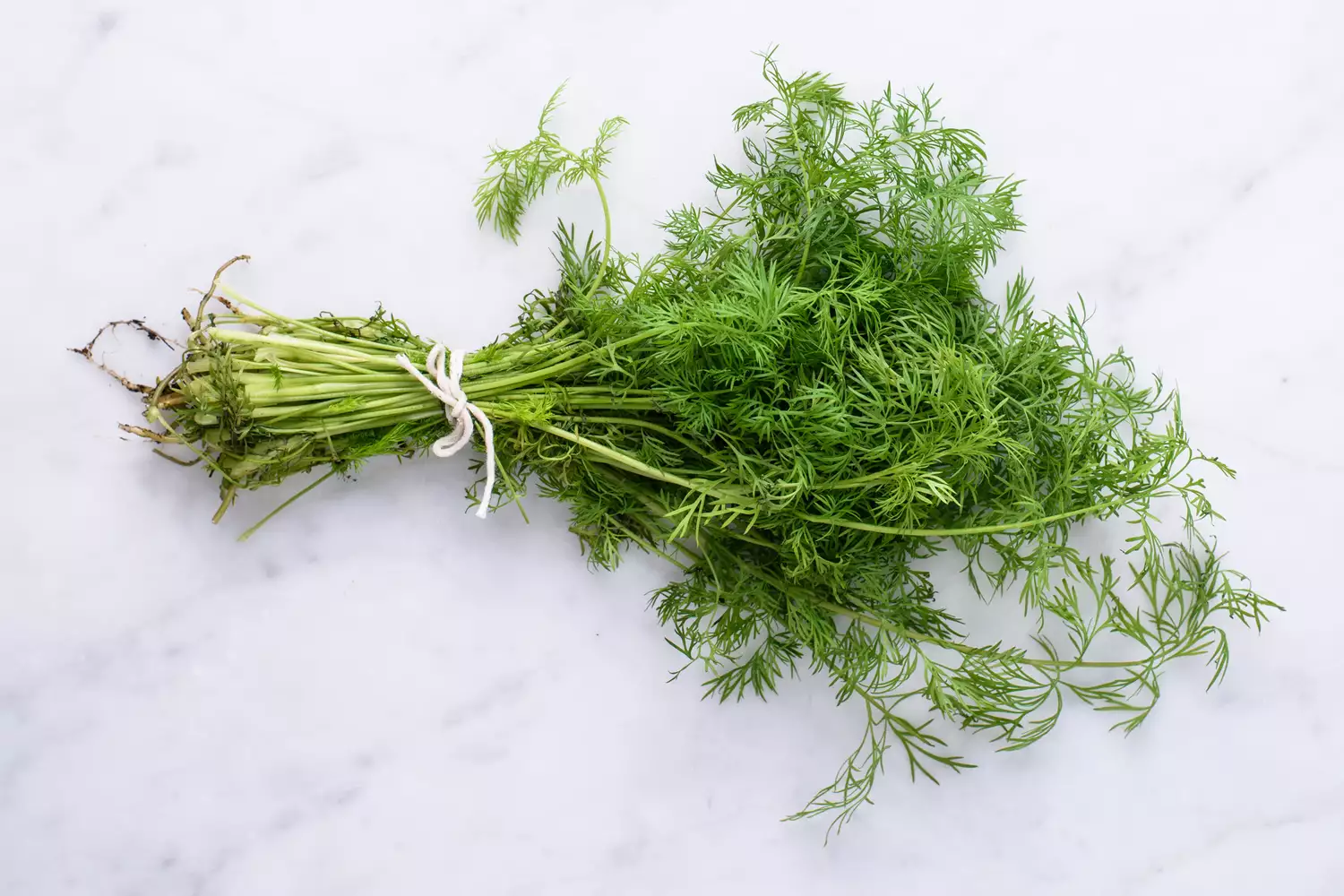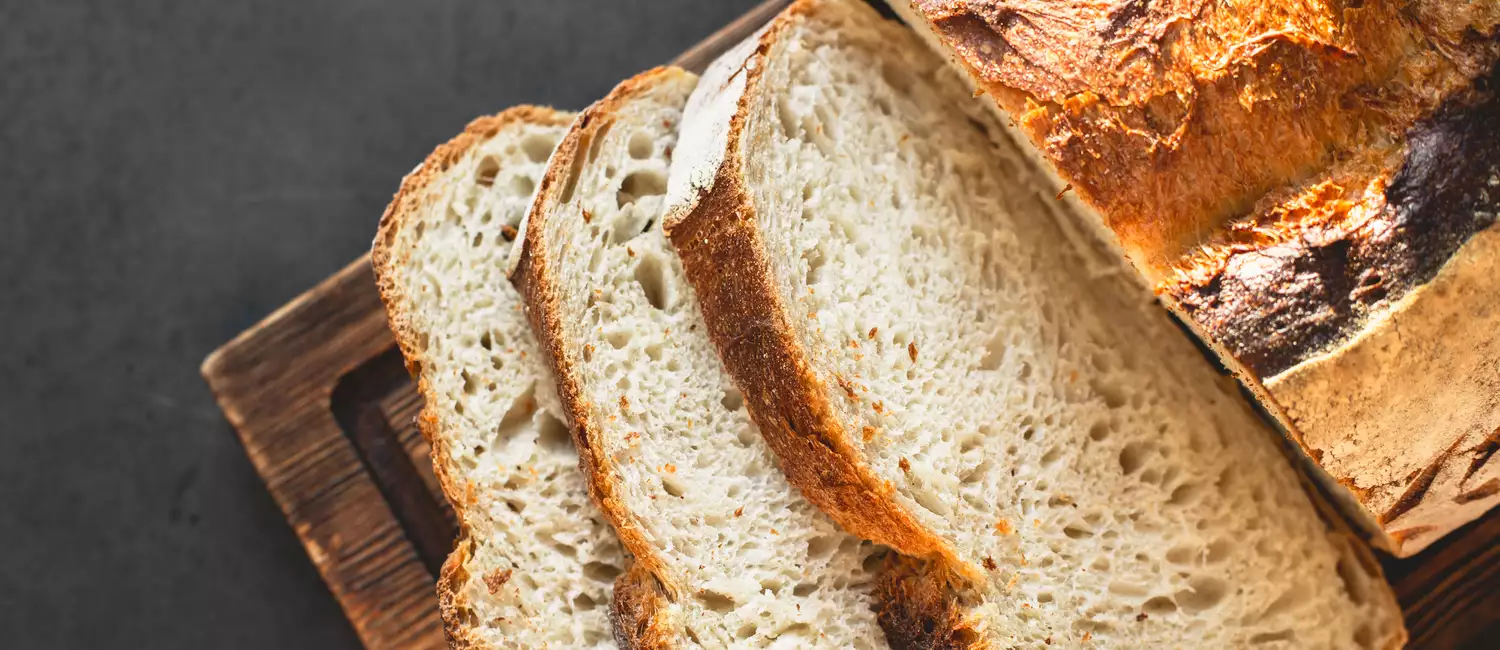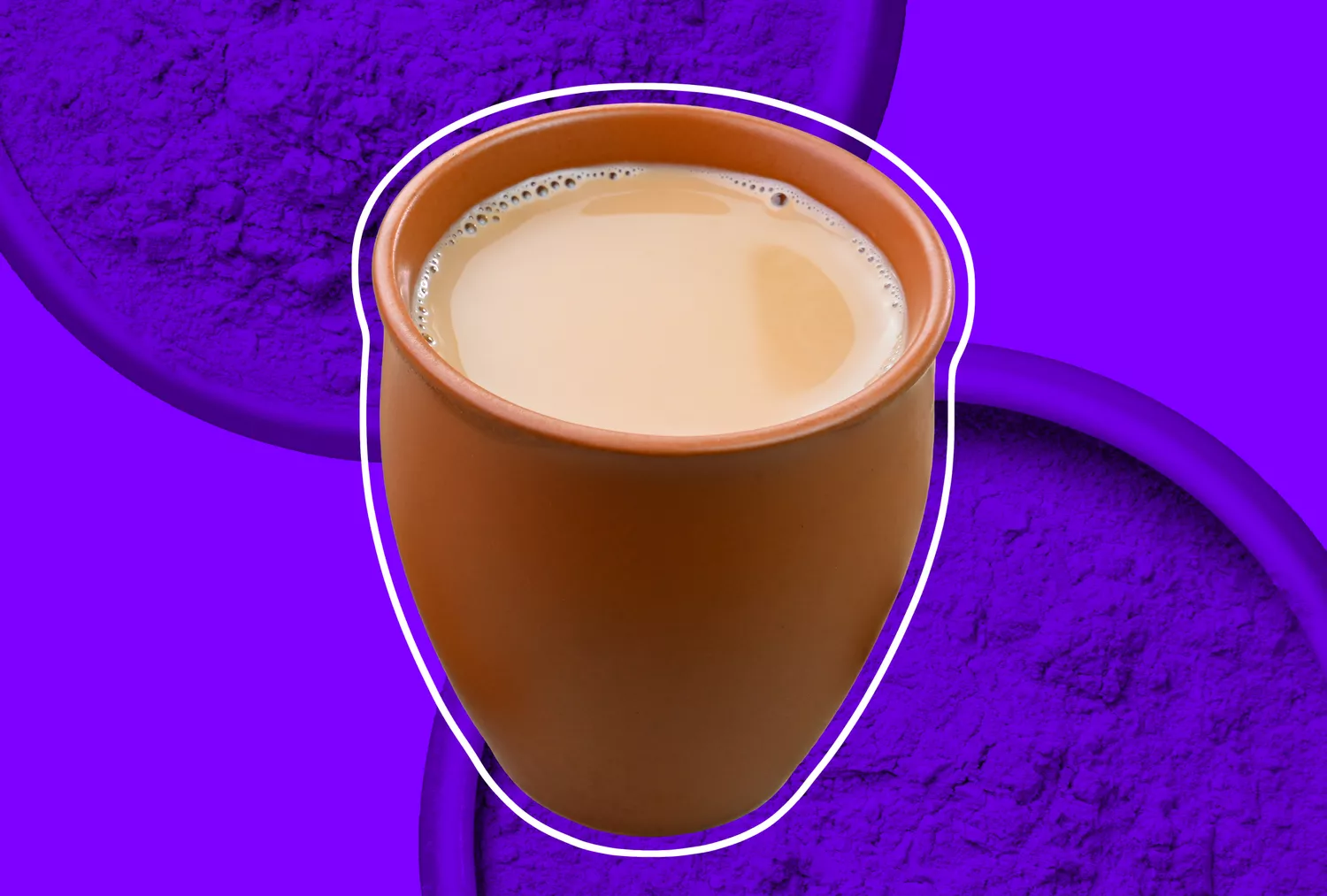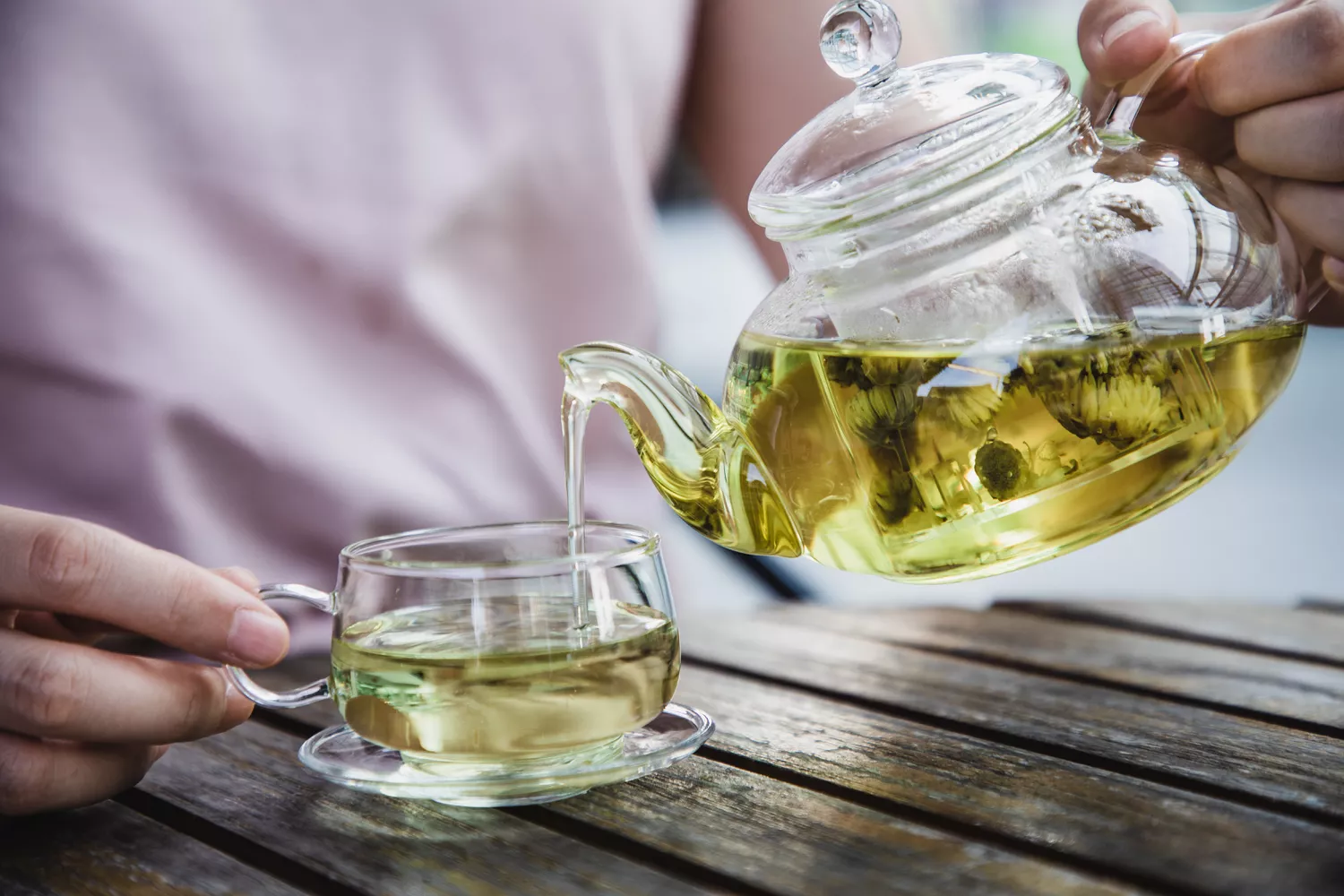Dill (Anethum graveolens), or dill weed, is an easy-to-find and typically utilized yearly natural herb that is part of the celery (Apiaceae) family. Dill weed is belonging to the Mediterranean and southerly Russia but can be grown in a lot of parts of the world, including in The United States and Canada.
The downy environment-friendly is typically included in salads or soups, or used as a garnish. Some people additionally use dill to obtain certain health benefits.
Health Conveniences
Dill is packed with micronutrients that give wellness benefits. For instance, a 100-gram offering of dill increases your vitamin An intake. Vitamin A is a fat-soluble vitamin that aids you to maintain healthy and balanced vision, skin, immune feature, growth, and reproductive health. You’ll additionally obtain a substantial boost of vitamin C, a vital anti-oxidant that assists your body to withstand infection.
Research research studies have suggested that dill might have an anti-diabetic result, largely as a result of its antioxidant advantages. Research studies show that various removals of dill from the seed and fallen leave, and its vital oil, can substantially lower triglycerides, overall cholesterol, low-density lipoprotein cholesterol, very-low-density lipoprotein cholesterol, and glucose levels, in diabetic person models.1.
There are likewise some studies recommending that dill might aid you take care of cholesterol. A research on dill supplementation revealed substantial enhancement of LDL cholesterol, triglycerides, and overall cholesterol degrees yet not HDL cholesterol.2.

Dill is likewise a great resource of fiber, folate (important for cell division and manufacturing of DNA), calcium for healthy bones, riboflavin for cell feature and development, manganese, and iron. Nevertheless, the amount of dill you consume makes a difference. You could not eat a complete 100-gram offering (that has to do with 2/3 mug). Lots of people make use of a much smaller sized quantity and will certainly get smaller doses of micronutrients.
Nutrition Details.
A 100-gram offering of fresh, raw garden dill gives regarding 43 calories. An offering of the natural herb additionally offers 3.5 grams of protein and just over 1 gram of fat. Two-thirds mug of dill likewise provides 7 grams of carb, and regarding 2 grams of fiber, according to the united state Division of Agriculture (USDA).3.
Vitamins in dill consist of vitamin A (7717 IU, or 154% of your day-to-day advised intake), vitamin C (85 mg, or 142% of your day-to-day advised consumption), folate (about 38 percent of your suggested day-to-day consumption) and riboflavin (17% of your suggested intake). You’ll additionally obtain small amounts of thiamin, niacin, vitamin B6, and pantothenic acid.
Minerals in dill consist of calcium (208 mg), iron (6.6 mg), magnesium (55 mg), phosphorus (66 mg), potassium (738 mg), manganese (1.3 mg), and percentages of salt, zinc, and copper.
Selection, Prep Work, and Storage.
You’ll locate dill in the produce section of a lot of grocery stores all year long. When buying fresh dill, look for fresh, green feathery fronds that have actually been newly cut. When you get it home, cover it freely in a paper towel, place it in a plastic bag and store in the fridge for a day or 2.
You may likewise locate dried out dill in the flavor section of your market. Dried dill lasts a lot longer than the fresh selection.
Dill has a fresh, grassy taste that some food specialists refer to as a mix of fennel, anise, and celery. Many people recognize with the taste of dill pickles, which have a far more extreme flavor that combines salt, vinegar, and dill. Dill, alone, has a more fragile taste.
Feasible Side Effects.
According to scientists, dill is usually safe, yet in unusual circumstances, it might result in allergies, throwing up, looseness of the bowels, oral pruritus, urticaria tongue, and throat swelling. Individuals who dislike carrots may experience an allergy to dill.
There are certain situations when you may wish to be careful regarding using dill as a medication. It is not suggested that you use dill as a medicine during pregnancy or breastfeeding. Using dill on your skin may create irritability, and drinking dill juice may make you a lot more sensitive to the sun.
Finally, people with diabetes mellitus, who are taking lithium, and those undergoing surgical procedure within 2 weeks must speak to their healthcare provider prior to utilizing dill as a medication.
Common Concerns.
Below are response to questions concerning dill:.
Can I ice up dill?
Like most natural herbs, dill can be iced up, although the structure may transform a little when you freeze it. Cooks utilize a range of techniques. The easiest way is to clean and dry the dill, then blink freeze it (lay it on a paper towel in the fridge freezer for an hour). Area the icy fronds in an airtight bag and placed it back in the freezer until you prepare to utilize it. You can also can cut dill, add a couple of decreases of water and put into ice cube trays. Then pop out the cubes when you’re cooking.
What is a suitable dill substitute in dishes?
Tarragon and fennel are the most typical replacement for fresh dill in dishes. Remember, you can likewise keep dried dill on hand if you can’t get fresh dill. However, you’ll utilize much less of the dried out variety due to the fact that the taste is more intense.
Are dill weed and dill seed the same point?
No. They come from the very same plant, yet dill weed is the fresh leafy fronds that offer a light fresh taste. Dill seed gives a stronger taste comparable to caraway. Dill seed is taken into consideration to be much more poignant.


